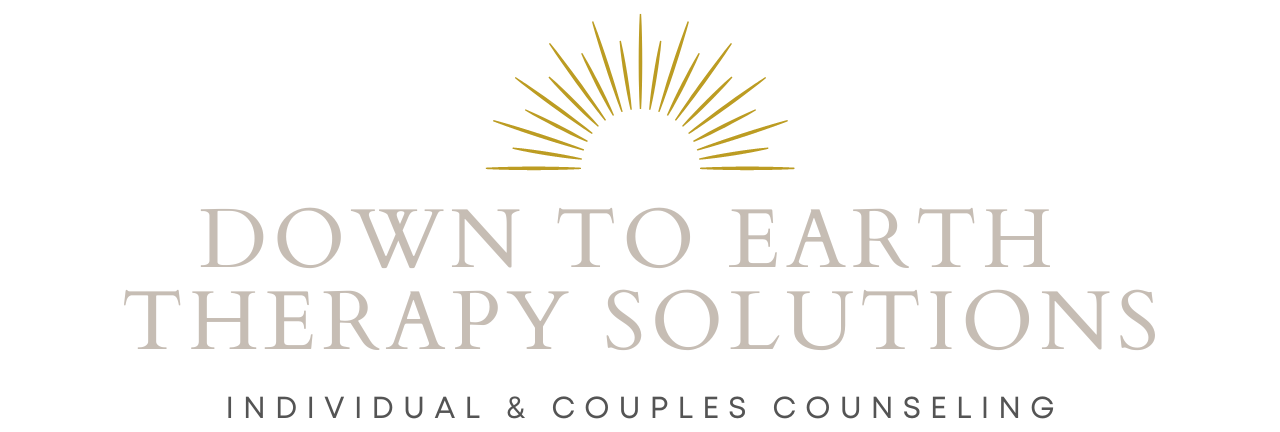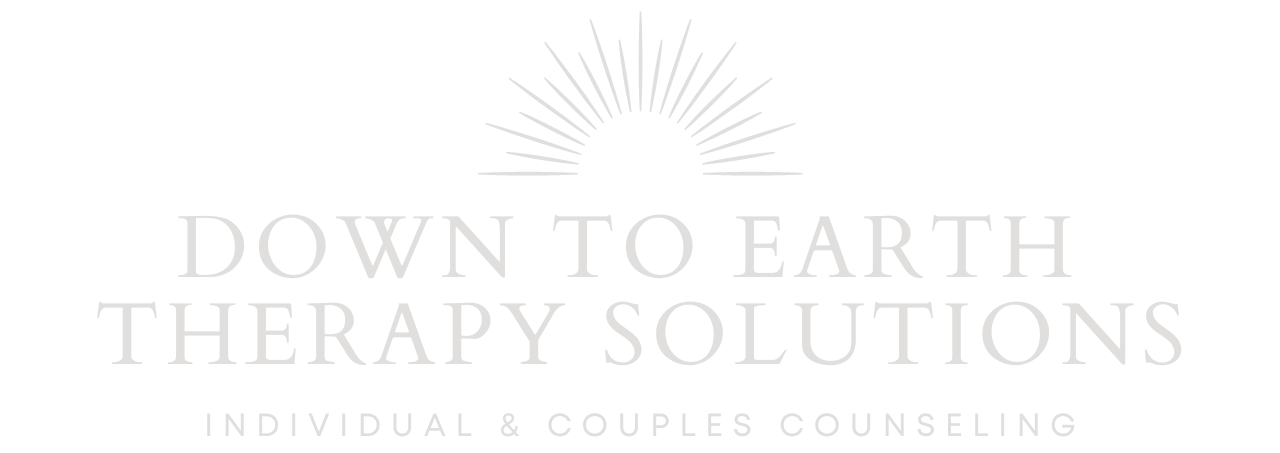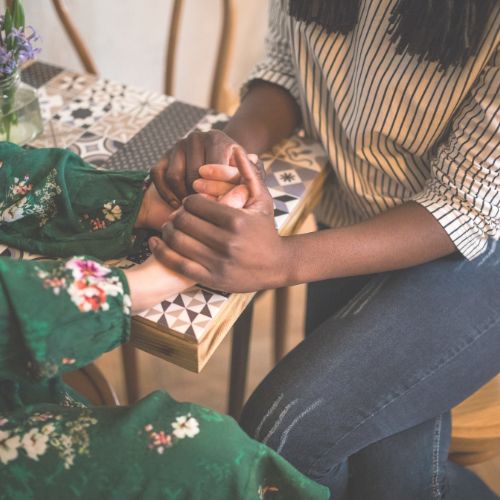What’s the biggest lie you ever told yourself? The thing you said to avoid responsibility. Maybe it was the responsibility for your actions. Maybe your feelings. Something.
This might be a different post from others I’ve done, identifying that there have likely been more than one time in our lives when something happened to us, or we made a decision and concealed it from others. Not because it was something illegal or would carry huge legal consequences. Maybe it was a speeding ticket, or that you lost your job. That you cheated on your partner, got cheated on, or were pregnant and had a miscarriage. We all have something that has happened in our lives that we didn’t talk about with others — people we care about and who emotionally support us, even though they say, “You can tell me anything.” We might have even justified it by stating, “I don’t want to worry them.”
Somehow, we don’t believe them. We don’t believe that they will support us through everything — not this. We believe we are the exception and won’t be accepted, so we conceal our true feelings and experiences.
“But I didn’t want you to worry about me” is the biggest lie we tell ourselves. Why would we lie to ourselves, you ask? Because we want to feel more in control in an out-of-control situation. We justify our behaviors with the idea that we can control how others feel simply by withholding information. It’s a distorted thought that most people have likely had at some point in their lives — and maybe will again if it’s not managed and reframed.
You don’t have control over your own feelings, let alone the feelings of other people. Let me say that again: you don’t have control over your own feelings, let alone be able to control the feelings or emotions of others.
Feelings and emotions are short-lived reactions to stimuli and the internalization of those moments. We can neither get rid of them nor control them. We experience them and ride them out like the waves of the ocean. They will intensify, build, crest at a peak, and then fall and diminish. There’s nothing to control. It’s more like surfing the wave in. We can let it throw us into the washing machine cycle and feel like we’re drowning, or we can choose to ride it out.
If you cannot control your emotions and must ride them out, so must others. No amount of withholding information and hoping that it doesn’t come up will “get rid of” an emotion or experience for someone else.
Somewhere along the way, we learned the message that telling someone something they might disagree with, or that might worry them, is something we should avoid. It’s attached to shame or guilt — the idea that we cannot manage on our own or make helpful decisions. That keeping information will allow others to view us in a certain light or a way that deflects any negativity. This is often a projection we’ve placed on ourselves rather than how others are actually viewing us.
Creating such a projection creates rifts in relationships, not closeness, and it certainly doesn’t lead to effective communication.
We create many different core beliefs during our lifetimes. Many of our core beliefs about the world are rooted in messages — both spoken and unspoken — by others around us, about ourselves, our capacities, and our expectations, especially early in life. This doesn’t mean you should blame your parents. It means that the way we see the world, whether intentional or not, shapes how we interact with it moving forward. With each new interaction or situation, we are collecting data.
Believing that by withholding information you can control whether someone worries about you is a core belief. Having this specific core belief often leads to avoidant styles of attachment and communication, contributing to feeling alone and misunderstood. We have to ask ourselves: does this situation verify why I withhold information from others, or does it dispel it?
We’re all human. We will often look for things that allow us to say, “Aha, this is why I don’t tell people things — because of this negative reaction right here.” It might not even be an interaction that we’ve personally experienced. It might be something we see happen to others, in the media, or through popular culture influences. Wherever we get these beliefs from, we can recognize that maybe they aren’t helping us communicate effectively with others.
So, what now? What if I know I have a faulty core belief but still don’t know how to talk to the people within my support system?
We know that avoidance and avoidant communication eventually catch up with us. Although it might seem like a plan to just hope the issue or situation goes away, statistically, we know that doesn’t happen. It might be a short-term solution to avoid the uncomfortable feelings about talking to someone about a topic you’re less than excited to share — but long-term, it feels bad. Long-term, you wonder when the topic or situation will be brought up, how to avoid it for as long as you can, what excuses you can make up between now and then. It can snowball. The longer you put it off, the more traction it gains, leading to feeling emotionally unwell.
First and foremost, it’s important to be open and honest. Even if you’re scared or worried about how someone else will respond, communicate what you are feeling in that moment. Although you cannot control your or others’ feelings, you cancontrol how you choose to talk about and express your own emotions.
Give whoever you are sharing with the space to express their emotions openly and honestly, too. They will have an emotional response, and respecting that you cannot control or manage their emotions will help you tolerate your own discomfort. Giving this space offers opportunities to discuss what’s next. There might not be anything to “do” but listen — or it might be a space to problem-solve together.
Creating an environment for collaborative problem-solving might be exactly what’s needed. And know that someone might not like what you are telling them, but that doesn’t mean it’s the end. It’s something that can be worked on and worked through. Feeling secure enough to know that even if there are disagreements, there are ways to move forward together — that’s important. You don’t have to go it alone.
Believing that you have some kind of superpower that prevents people from worrying about you isn’t helping you — or your relationships. That superpower doesn’t exist.
But being able to create healthy, secure attachments and communication styles that allow you to be honest and open with yourself and others — that’s a superpower. Feeling that you are creating a support system that is present, validating, and that helps you manage and heal is important.
It doesn’t happen overnight. It doesn’t happen by chance or by hoping hard enough that it will manifest. You create this. You create it through open and honest communication — not through silence.




